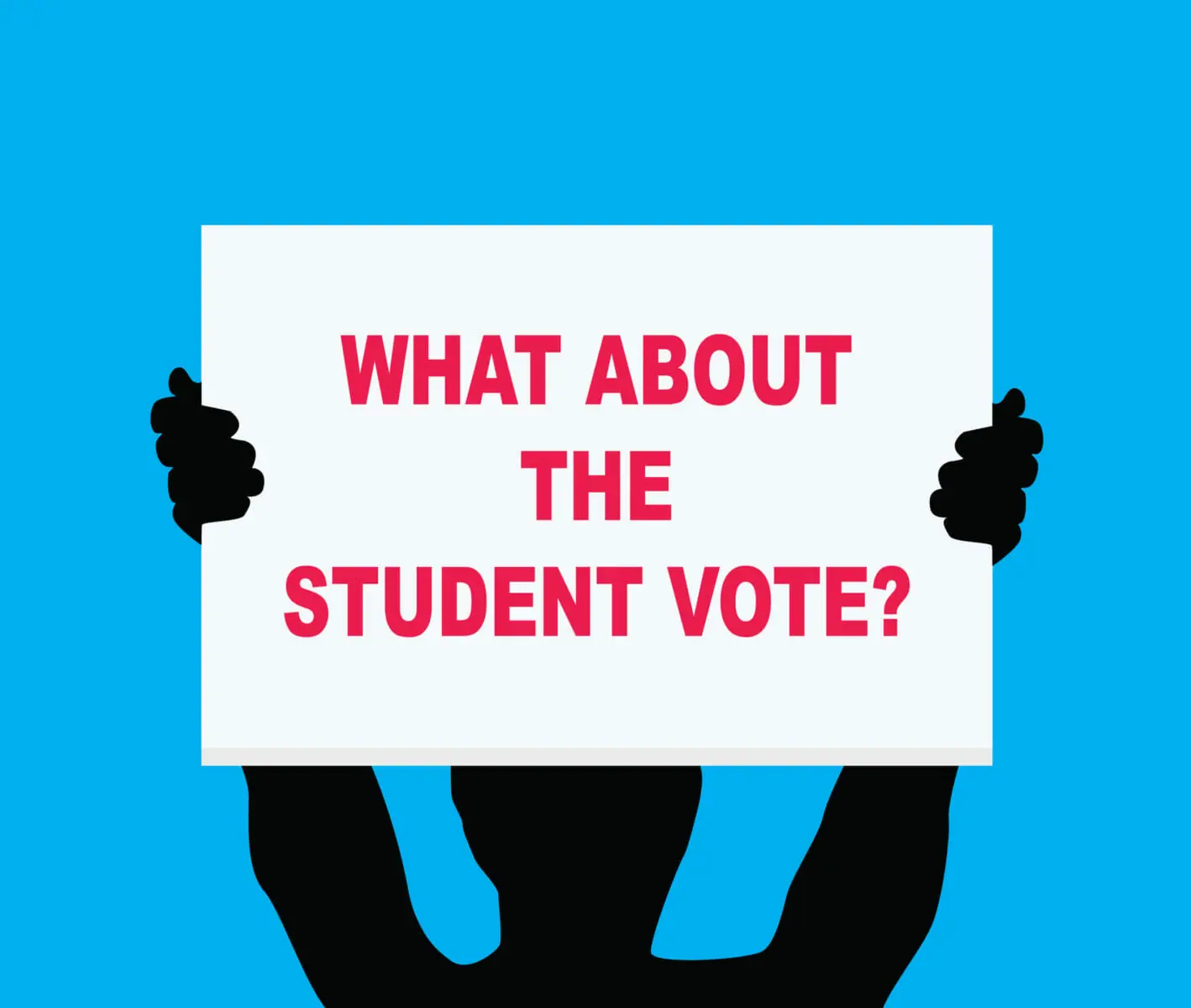On Oct. 13, Nova Scotia’s Progressive Conservative government introduced legislation to fix provincial election dates.
Elections Nova Scotia is welcoming this decision, as the province is the last jurisdiction in Canada to set fixed election dates. “We’re very pleased to see a fixed election cycle come to Nova Scotia,” said Elections Nova Scotia policy and communications director, Naomi Shelton, “it will make election planning much more efficient.”
But the date chosen by the government is raising alarm bells for students in Nova Scotia. That’s because Premier Tim Houston’s Conservatives chose the third Tuesday of July—the middle of the summer.
Accusations of voter suppression
On Oct. 19, Iain Rankin and some cabinet members of the Nova Scotia Liberal Party, the opposition to Houston’s conservatives, met with student representatives to discuss issues affecting universities. Representatives from the King’s Students’ Union (KSU), Cape Breton University (CBU) Student Union and Dalhousie Student Union (DSU) were present, as well as representatives from Students Nova Scotia.
“We talked about a lot of things affecting students, tuition, housing, but one of the biggest topics was definitely the election dates,” said DSU president Madeleine Stinson.
The day before this meeting, on Oct. 18, KSU president Nick Harris also spoke to the law amendments committee. His appeal is available online at the Nova Scotia legislature website.
The law amendments committee looks at specific clauses in bills that have just been proposed in the house. Harris was hoping for the committee to side with students in their criticism of the July election date.
“I’m not as prepared as other speakers here because it’s midterm season, so I don’t have something written down but I do have something written down in my heart,” Harris said to the committee.
“What a summer election date does is it disfranchises people. Universities are a setting where we celebrate democracy and the intellectual ideas it brings forward,” said Harris.
“Elections are some of the most exciting times on campus. We have leadership debates in our campus bars where students shout and cheer and have debates at their tables,” he said. “Students like engaging in the process of student issues.”
For Harris, an election in September or October is more ideal, not just for university students but to increase civic engagement amongst youth. “It’s not just university students, it’s high school students and elementary school students. Elections are such a magical time because of the faces you get to see,” he said to the committee.
“I’m here today raising my voice because, intentionally or otherwise, if this amendment to the elections act goes forward a lot of voices are going to be silenced.”
History of youth voting issues
“It’s already hard enough for students to vote,” said Stinson. “We don’t need this summer date on top of it.”
Stinson said there have been concerns surrounding student voter suppression since before these fixed dates were called.
“The last provincial election being a snap election in late August was ridiculous,” said Stinson, referring to the 2021 provincial election in Nova Scotia, which took place on Aug. 17. “Students had no idea it was going on, and I think that the federal government and the provincial government underestimate how big a role students unions play in educating young voters.”
The last federal election was also difficult for students to navigate after the cancelation of the on-campus voting program. Many students lined up to vote in the Student Union Building (SUB) assuming they could vote there, only to find out their location was elsewhere.
“That day, Waye Mason and I were [in the SUB] for hours, just Googling people’s postal codes while they were in line. Lots of students actually needed to go across town to vote,” she said. “But there were also all these technical problems. I would Google a student’s postal code and they would Google the same postal code and depending on the device we’d get two different polling stations.”
The case for fixed elections
Shelton, from Elections Nova Scotia, said technical errors will be easier to mitigate with the new standard dates. “If you’re planning an election and you don’t know the date, it is difficult to ensure things will run smoothly,” she said.
Stinson said, “It’s not the fixing of the dates, it’s the dates themselves that are the problem.”
Shelton said Elections Nova Scotia will be able to increase voter turnout with these dates. “What this amendment can allow us to do is to better focus on our outreach programs and our voter education, so that hopefully the outcome of that is a better-informed electorate.”
Elections Nova Scotia makes recommendations to the province after every election for how to make the election process more efficient. In 2013 and 2019, Elections Nova Scotia recommended fixed dates to the province. The Gazette asked if they would consider recommending a change to the date.
“We’re a non-partisan group. Our mandate is to make sure people register to vote and vote without issue. We’re not really going to speak on or take sides in this particular issue. All we can say is we’re happy to see the fixed election cycle.”


Recent Comments